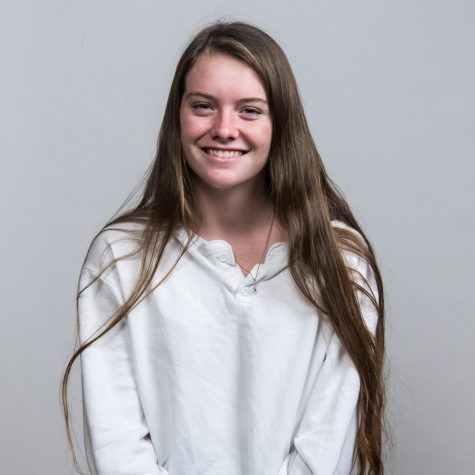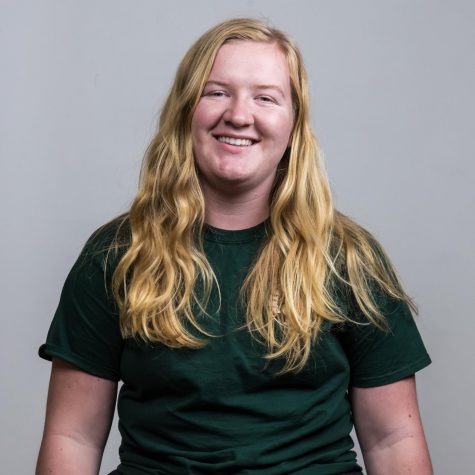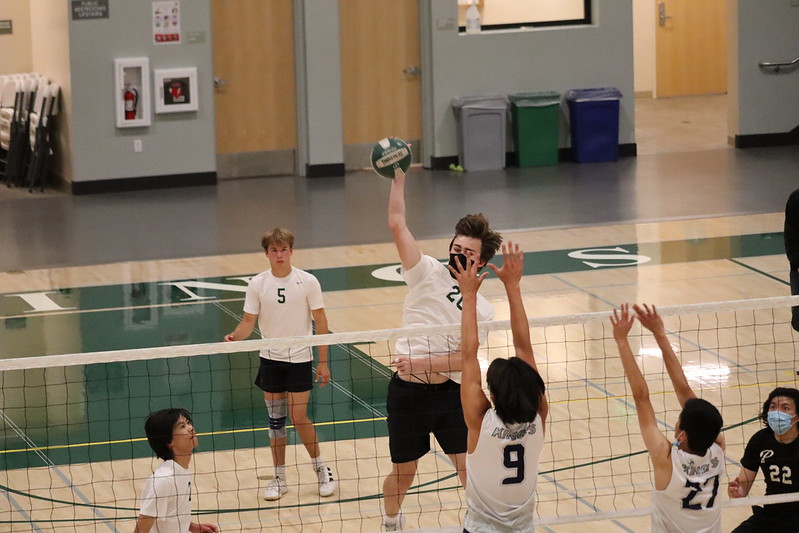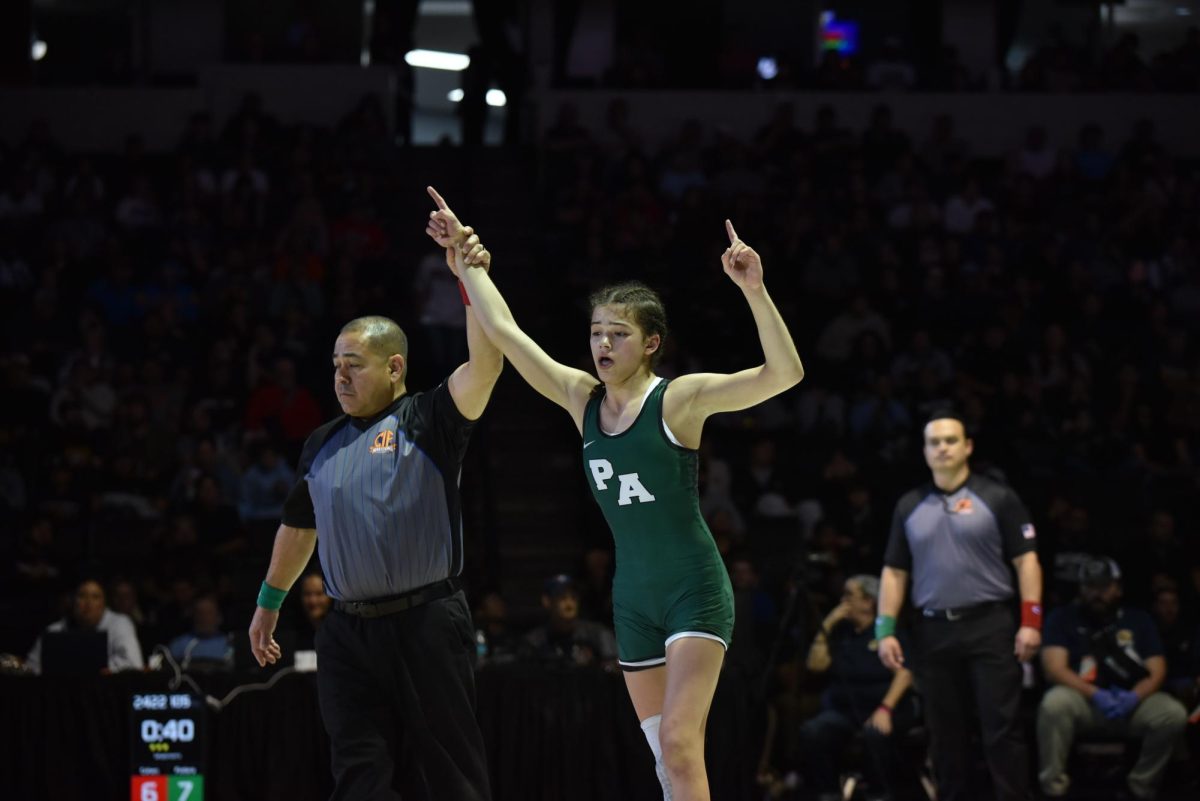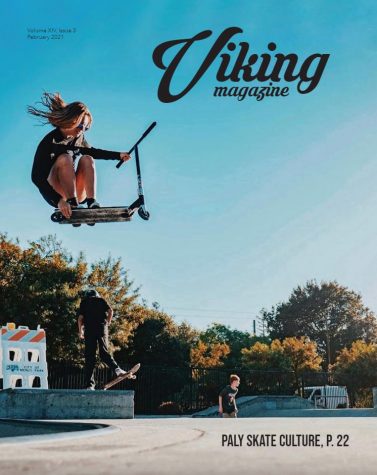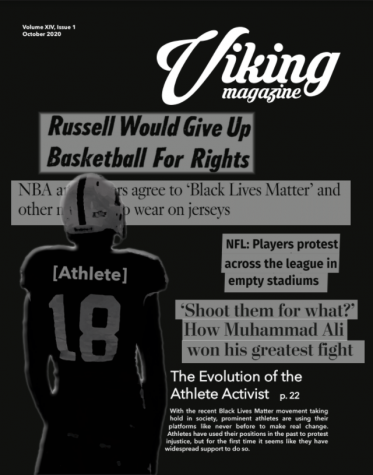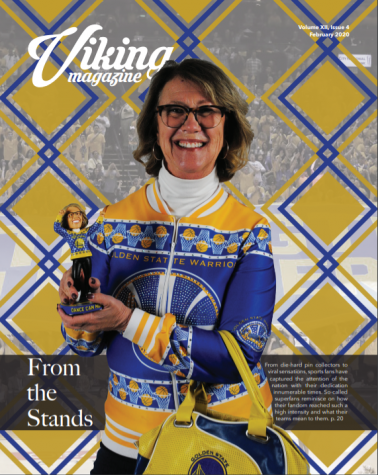Palo Alto Pickleball
Palo Alto residents of all ages joined the PA Pickleball Club searching for their next new favorite activity. Instead, they found themselves within a community.
December 3, 2018
Tucked behind the Magical Bridge Playground is one of Palo Alto’s lesser known gems, the pickleball courts. These courts provide a place for people of all skill levels to come together, enjoy the sport and be around others.
Pickleball is a sort of hybrid sport which is played on a tennis court and is essentially a combination of table tennis, badminton and tennis. The sport has increasingly grown more popular within the Palo Alto community.
There is a Palo Alto Pickleball Club (PAPBC) which has open courts at Mitchell Park every single day. No matter how old or young, anyone can come by and play some pickleball. The courts and time frames are split up for beginners and more advanced players.
A familiar teacher who plays pickleball is Paly’s own P.E. teacher Mr. Diepenbrock. Diepenbrock engages in and teaches many sports during his physical education classes at Paly, and he has mastered many sports. He was introduced to pickleball when it was added to the P.E. curriculum, and was immediately intrigued by the sport.
“When I started teaching here in ’97 pickleball was one of our units, and I didn’t really know anything about it and so over the years I’ve played in P.E., but I didn’t really know the game,” Diepenbrock said. “I was just basically playing it like tennis.”
During vacations to Sunriver and Tahoe, Diepenbrock saw pickleball being played. These trips changed Diepenbrock’s view of the sport. Diepenbrock sees pickleball as an extremely fast-growing sport, partly because of the wide range of athletes that can play it.
“I do think it’s a sport that fills a rather large void in elderly people’s lives,” Diepenbrock said. “Normally, when you get older but still want to compete in something, people usually play golf. Other sports are just too taxing on the body: the knees, the ankles, the joints. You can’t really play basketball once you get too old, or soccer- it’s just too hard on the body.”
Many adults today feel that there isn’t enough time in the day to balance their work and family life, let alone adding recreational sports into the mix. Despite a shortage of time, playing sports can yield many physical and psychological benefits. For instance, getting sufficient exercise raises your energy levels, lowers blood pressure and strengthens your bones and muscles. Psychologically, sports are an extremely effective stress-reliever. Having the opportunity to form a new social group outside of work in a safely competitive and cooperative environment is very healthy, social behavior.
In addition to the exercise and physical activity that pickleball provides, it also provides a very important social aspect as it is played in doubles, according to Diepenbrock.
Diepenbrock also greatly appreciates the drop-in aspect of the club.
“Unlike so many things that you have to do in today’s society as far as forms and insurance and this and that, it’s just very much like old school,” Diepenbrock said. “You can show up and put your paddle down, and just play.”
The Palo Alto pickleball courts attract many different types of people and for all different reasons. Pickleball newcomer Ali Hoffer started playing when her boyfriend introduced her to the sport. Now it is something they can do together and at the same time she is able to meet new people and get out in the community. Hoffer is a masters student at Stanford and appreciates the opportunity to leave campus and meet new people.
“I think there’s a lot of value to having this pickleball club in Palo Alto especially as a student who goes to Stanford because the Stanford bubble is very real,” Hoffer said. “Housing, all your classes, a lot of your friends and communities are on campus, and it’s really nice to be able to leave the Stanford bubble and interact with people win the Palo Alto community and really feel a lot more connection to the community. Stanford sometimes can feel like a very isolated entity.”
Recent retiree Amy Lauterbach feels that the sport replaces the social aspect she was missing from her working days.
“I stopped working, so when I retired I lost the automated social life of going to work everyday and just having 50 people around that I chatted with,” Lauterbach said. “I would be at home unless I made a plan with a friend and it was like the whole day could go by and I would see nobody but my husband. Here I can come everyday and there’s just fun people and everybody plays with everybody and it’s completely welcoming.”
Lauterbach also sees the value of pickleball as a pick-up sport.
“It’s the only pickup sport that I know of other than basketball, I guess maybe volleyball has some pickup but not much. Tennis is like ‘find four people’ and golf it’s ‘find some people,’ and here it’s just ‘show up’ so it’s the best,” Lauterbach said.
Cindy Leonard appreciates pickleball for its accessibility to all ages and physical abilities.
“Some friend introduced me to pickleball and we’re all in our upper 50s and athletes of sports like volleyball and tennis, which are hard on your knees, so when they introduced this sport that’s easy on your knees and it’s a wiffle ball, it was a natural fit and it’s also very social,” Leonard said.
Like Hoffer and Lauterbach, Leonard believes that the people really make the experience what it is.
“[There are] lots of great people and diversity, and you could play a game of pickle ball and get beat and then you talk to that person and they might have the most interesting job in the world, so it’s not just the sport, it’s getting to know all these really great people,” Leonard said.



